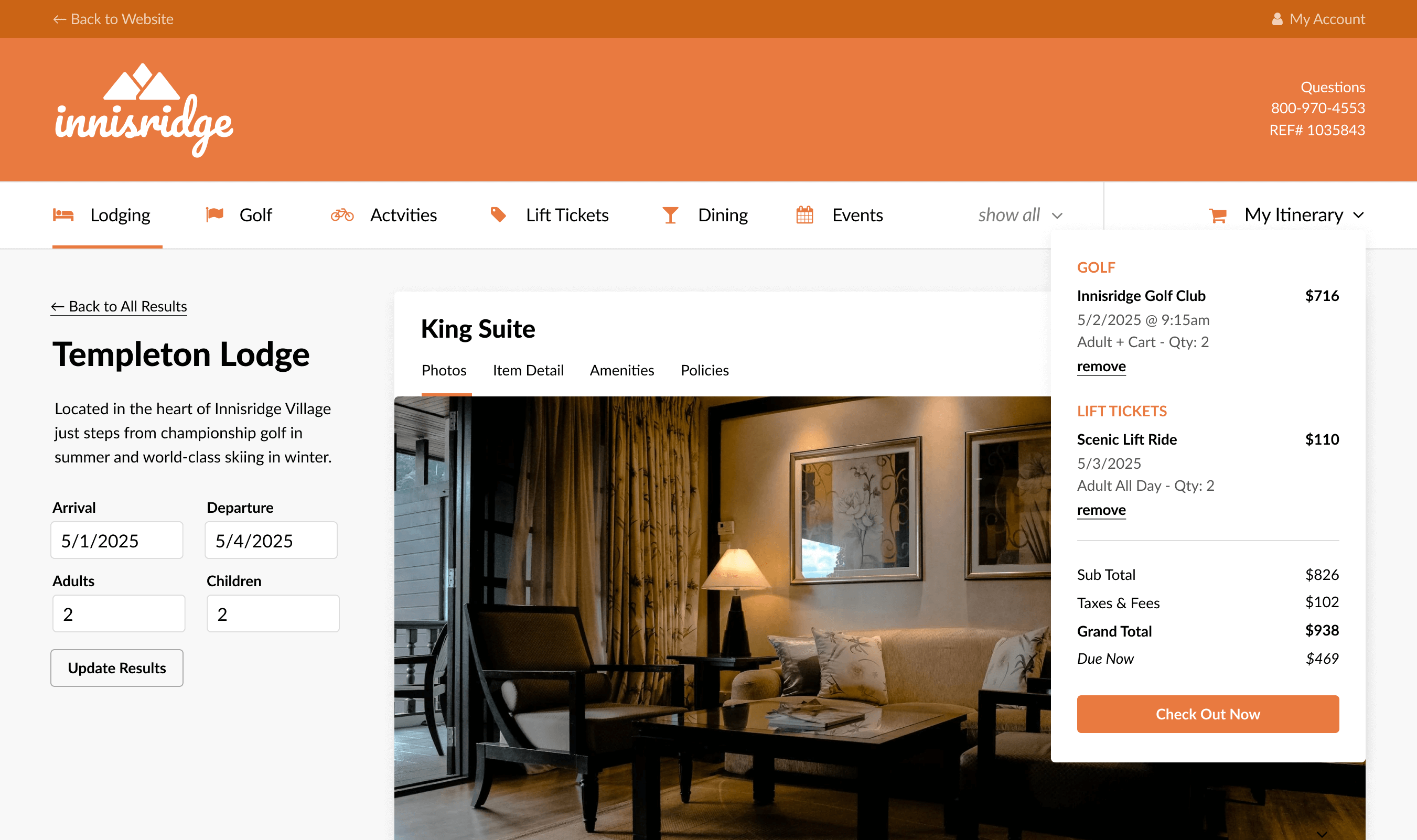
Trends
A few months back, marketer Dan Zarrella put on a webinar about the science of email marketing. Among his findings, he said emails that used the “&” symbol in the subject line were opened 20% more often than those that didn’t and emails that used the “#” symbol in the subject lines were opened almost half as often as those that didn’t. Could this really be true? We looked at our own data to confirm. Here’s what we found.
The Goods
Dan shared his findings for 5 different special characters: &, ?, #, (), and []. We’ll take these one by one and share our findings along side his.
Ampersand: & – Data: Disagrees
IN SUBJECT LINE: Dan – 9.0% Us – 18.1%
NOT IT SUBJ LINE: Dan – 7.5% Us – 19.0%
For the ampersand, our findings were exactly opposite of Dan’s. Instead of getting higher open rates, emails that used that symbol in the subject line were actually opened less often.
Question Mark: ? – Data: Agrees
IN SUBJECT LINE: Dan – 6.0% Us – 15.5%
NOT IT SUBJ LINE: Dan – 7.5% Us – 19.0%
On this point our data agreed: subject lines that included a question mark were opened less often than emails without.
Number/Pound/Hash: # – Data: Disagrees
IN SUBJECT LINE: Dan – 4.00% Us – 52.1%
NOT IT SUBJ LINE: Dan – 7.25% Us – 18.9%
This time our data disagreed again. The gap between the two from our data was substantial, likely because of how few emails used the character and how well those few emails performed.
Parenthesis: () – Data: Disagrees
IN SUBJECT LINE: Dan – 4.0% Us – 23.7%
NOT IT SUBJ LINE: Dan – 7.5% Us – 18.9%
Once again, the data disagrees. Not quite as significantly as the # analysis, but the difference is quite stark and exactly opposite.
Brackets: [] – Data: Not Enough Data
IN SUBJECT LINE: Dan – 7.0% Us – N/A
NOT IT SUBJ LINE: Dan – 7.25% Us – N/A
We used tens of thousands of email campaigns in our analysis and even in all those subject lines, we only found a small handful that used brackets. There simply wasn’t enough data to come to any sort of conclusion, which leads us to our conclusion.
What This Means
The thing to remember about these special characters is that they have very little effect on the message: the part that would influence someone’s decision to open or not open an email. Like putting fancy tires on a Honda Civic, the tires will have a very minimal impact on the speed of the car. It’s the engine – the message of the subject line – that will truly impact performance.
Even if you swap the tires, a Camaro will always beat a Civic. Even if you use swap special characters, a strong subject line will always beat a poorly written one.
The one semi-exception would be the question mark because this implies a fundamentally different type of phrase: a question instead of a statement. Perhaps that is why Dan’s and our data agreed. Maybe questions don’t perform quite as well as non-questions.
Join the Club
New posts come out every Tuesday morning. Get the Stash in your inbox each week simply by sticking your email address in the box below…and clicking “Subscribe”.